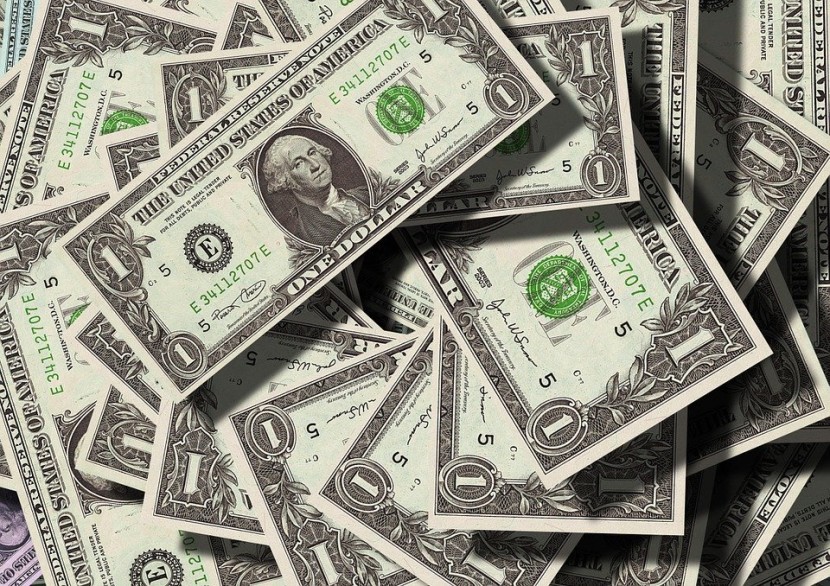
U.S. millionaires will each obtain an average of $1.7 million in stimulus payments in accordance to the Coronavirus Aid, Relief, and Economic Security (CARES) Act.
According to a nonpartisan congressional body, provisions in the CARES Act altered a 2017 tax law in a way that will highly benefit Americans who earn $1 million or beyond annually.
Almost 43,000 millionaires across the nation would soon benefit from the loophole adapted from the Republican tax code overhaul of 2017 that allows specific business owners to remarkably reduce their tax liability by suspending the limit of deductions the millionaires can place against non-business income for the time being.
According to a report published by the Joint Commission on Taxation, the loophole was incorporated as a provision in the sweeping $2.2tn CARES Act.
The estimated $2 trillion coronavirus relief package was signed into law in March.
The main beneficiaries of the suspension are "far and away" and real-estate owners and hedge-fund operators, according to Steve Rosenthal of the Tax Policy Center.
Meanwhile, a lone watchdog of the recent congressional oversight commission tasked with supervising the distribution of a large amount of coronavirus relief fund has requested the government to provide an explanation about where the taxpayer-funded dollars are being sent.
The sole member of the commission named Bharat Ramamurti and a former leading staffer to Massachusetts Senator Elizabeth Warren said he sent a letter to US Federal Reserve Chairman Jerome Powell demanding "detailed and timely disclosures on every loan" disbursed as part of the CARES Act.
43,000 taxpayers are set to receive the $1.7 million windfall thanks to the provision buried in the CARES Act.
According to Shahar Ziv, a contributor for Forbes, one may or may not be surprised that parts of the language conveniently included in the $2.2 trillion-dollar CARES Act are directed towards favoring the wealthy.
To provide direct payments to U.S. citizens, the relief package permitted the U.S. Treasury Department and the Internal Revenue Service (IRS) to send low- and middle-class workers $1,200 checks.
Democrats who commanded the report have since found fault in Republicans of having "wrongly seized on this health emergency to reward ultrarich beneficiaries, likely including the Trump family", and appealed for the tax break to be urgently revoked.
A staggering 82 percent of the policy's benefits will be sent to the taxpayers who earn more than $1m annually, according to the Joint Commission on Taxation.
The coronavirus relief package was incorporated into the legislation by Senate Republicans.
The Joint Committee on Taxation laid out a distributional analysis of the tax law modification applying to 2018, 2019, and 2020, with the most striking effect transpiring this year.
"The Fed will soon lend trillions to companies," lone watchdog Ramamurti tweeted. "But it has not committed to disclosing which private companies are getting taxpayer-backed support."
Requested by Senator Sheldon Whitehouse and Representative Lloyd Doggett, a report from the Joint Commission on Taxation deduced that suspension of the "pass-through" limitation would cost the government beyond $90 billion in merely 2020.
The JCT confirmed the argument of critics that the benefits disproportionately accrue to wealthy Americans.
Related Article : COVID-19 Patients Recover Quickly After Getting Remdesivir








